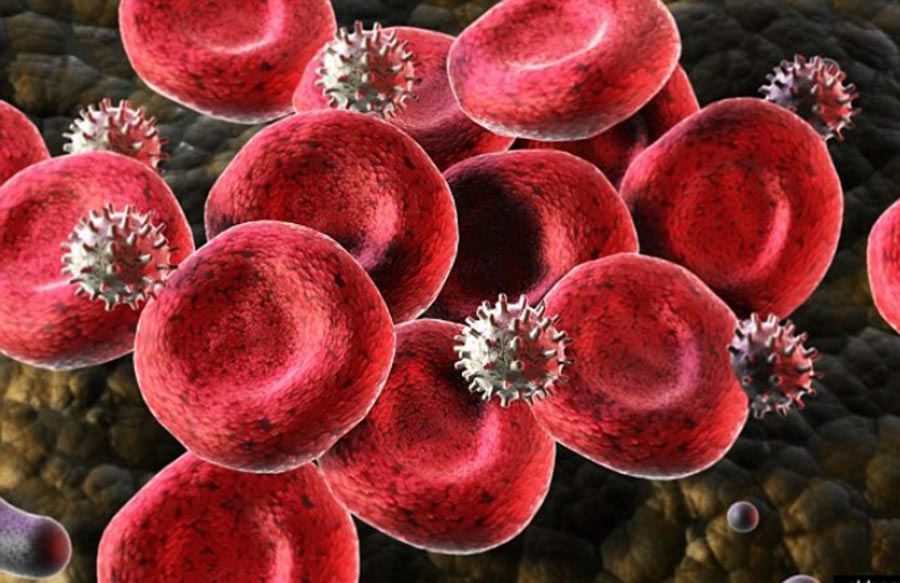One in two black men who have sex with men and one in four Latino men who have sex with men will develop AIDS in their lifetime, according to statistics released this year by the Centers for Disease Control and Prevention.
Those numbers have been touted as a call to action at several events, from Philadelphia Black Pride in April to the activities in June for AIDS Education Month. A panel, organized by Ibrahim Vicks, an intern with GALAEI: A Queer Latin@ Social Justice Organization, sought to unpack what they mean.
“First of all, these numbers do not represent a certainty,” said Derick Wilson, manager of training and special initiatives at the AIDS Activities Coordinating Office. “They represent a trajectory we’re on if we do not change … The good news is we do have the tools and ability to change the trajectory right now.”
The four other panelists were Anthony Leon and Christopher Kyle from Mazzoni Center; Tanner Nassau, an epidemiologist with AACO; and Louie A. Ortiz-Fonseca, an early employee of GALAEI who now works in Washington, D.C.
Nassau explained the three main sources for the CDC’s statistics. The data came from the U.S. Census, the National HIV Surveillance System from 2009-13 and mortality rates.
The CDC looked at all males over age 13, Nassau said, and conducted a meta analysis of previous research on the amount of men who have sex with men, called MSM. The CDC identified 6.9 percent of males over 13 as MSM.
“That number is consistent across all races,” Nassau said.
A further calculation required dividing the number of individuals diagnosed with HIV between 2009-13 by 6.9 percent. Nassau said there were complicated calculations regarding mortality rates and evaluating an individual’s risk of infection, but he wanted to share a broad overview of how the CDC arrived at its statistics.
The other panelists spoke about their frustration with siloed funding and not enough focus on poverty and behavioral health as contributing factors to HIV infection. They talked about the need to rearrange the business model of AIDS organizations so it does not reward them for testing more people who are HIV-positive.
Coleman Terrell, acting director of AACO, said Philadelphia has combined separate funding for mental health and medical care. That has allowed for behavior-health specialists in an infectious-disease clinic as opposed to a mental-health center.
He broke down his agency’s $42-million annual budget. Terrell said a couple million dollars goes toward surveillance activity, like the National HIV Surveillance System, which is a CDC program. About $25 million goes to care for people living with HIV and the remainder is for prevention services. About $200,000 is spent on condoms and less is spent on incentives like Wawa gift cards for people who agree to get tested for HIV.
Terrell added the bulk of the overall funding pays for administrator salaries.
“That’s why issues of the workforce are so important for doing this work,” he said. “We really have to listen to the issues that have been coming up in Philadelphia … and how we support people in the work. That’s something that we take very seriously.”
The Black and Brown Workers Collective has been protesting Philadelphia FIGHT since May for what it says are racist practices. Shani Akilah Robin, one of the founders of the collective, said Terrell met with group members last week to discuss problems among Philadelphia’s AIDS organizations.
In a video posted to the collective’s Facebook page, Robin said she felt the outcome was insufficient, but noted AACO provided a phone number, 1-800-985-2437, that workers can call anonymously to file a complaint that will launch an investigation.
